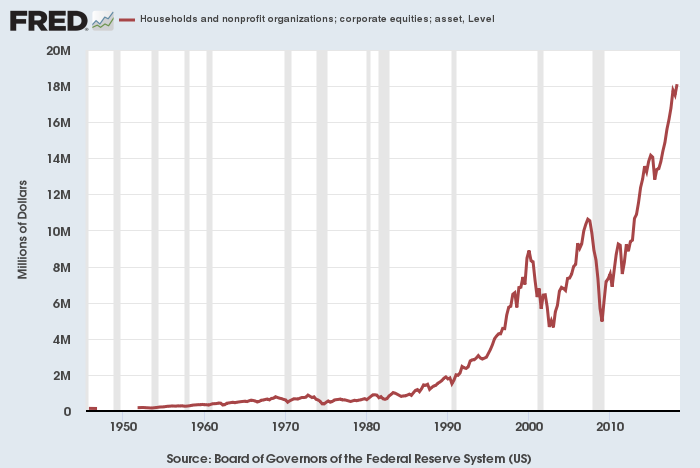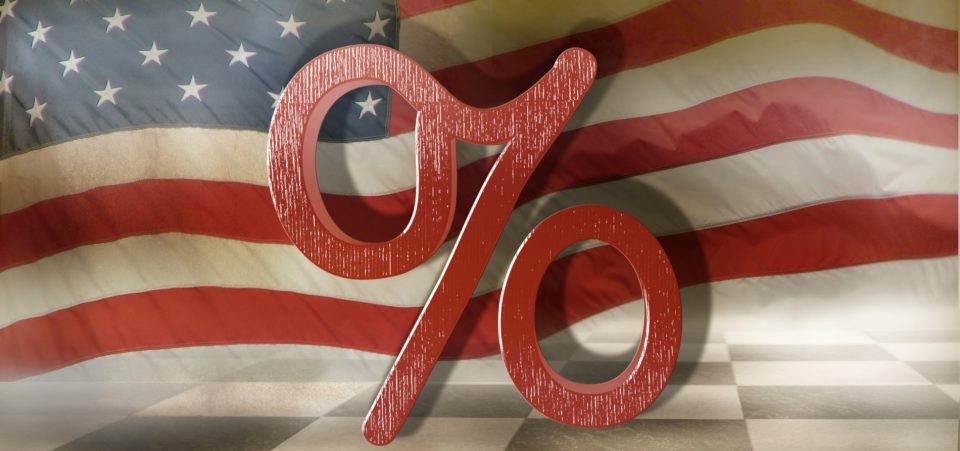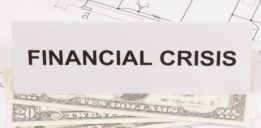The Federal Reserve Is Adamant About Raising Interest Rates
The Federal Reserve is adamant about raising interest rates. This could cause the next economic crisis.
The Fed has been very loud and clear with its rhetoric. Not too long ago, Federal Reserve Chairman Jerome Powell said, “The really extremely accommodative low rates that we needed when the economy was quite weak, we don’t need those anymore. They’re not appropriate anymore.” (Source: “Powell says we’re ‘a long way’ from neutral on interest rates, indicating more hikes are coming,” CNBC, October 10, 2018.)
And rates could go higher for a while, insisted Powell. “Interest rates are still accommodative, but we’re gradually moving to a place where they will be neutral. We may go past neutral, but we’re a long way from neutral at this point, probably.”
So What?
How could the interest rate hikes cause an economic crisis?
You see, rate hikes are a delicate phenomenon. Right now, the Fed is raising rates while there are factors at play that could hurt the U.S. economy.
For example, the U.S. government is currently in a trade war with China. Remember, trade wars can last a long time. It’s essentially a matter of who blinks first.
During trade wars, businesses need to be agile, especially now that two of the biggest economies in the world are involved. With higher interest rates, businesses may not be able to do much. All of a sudden, they could face a major blow to their revenues and earnings.
This could lead to a stock market sell-off (something we are already starting to see).
Look at the chart below; it shows the stock ownership of Americans. They currently have about $18.1 trillion in the stock market.

(Source: “Households and nonprofit organizations; corporate equities; asset, Level,” Federal Reserve Bank of St. Louis, last accessed October 12, 2018.)
Don’t you think a sell-off would have a negative impact on Americans?
The stock market is just one thing. Trade wars alongside higher interest rates could force businesses to cut expenses. We know the easiest thing they like to do is reduce their workforce. Don’t be shocked if this follows sooner rather than later.
Higher Rates Could Create a Fiscal Crisis
Another problem is that higher interest rates could cause the U.S. government debt to balloon.
How? When rates rise, the government has to pay more to borrow the same amount of money.
Consider that, with rates being higher this year, the U.S. government estimates it will pay interest of almost $518.2 billion on its debt in fiscal-year 2018. (Source: “Monthly Treasury Statement,” U.S. Bureau of the Fiscal Service, last accessed October 11, 2018.)
In fiscal-year 2017, the U.S. government spent almost $457.0 billion on interest.
So, just year-over-year, the interest expense for the U.S. government increased by over 13%.
Now, if rates continue to move higher, the U.S. government would have to pay a lot more interest on its debt. Mark these words: Rising interest rates could send the U.S. deficit to over $1.0 trillion in no time.
Higher deficits lead to a lower U.S. dollar.
What’s Ahead?
I am watching how all of this unfolds. I have been saying this for a while, and long-term readers of this publication will attest to this: The U.S. economy will have a hard time adjusting to higher interest rates. With a trade war, things just get even more complicated.
Mark these words, if you will: As the Federal Reserve raises rates, an economic crisis could follow sooner rather than later.






